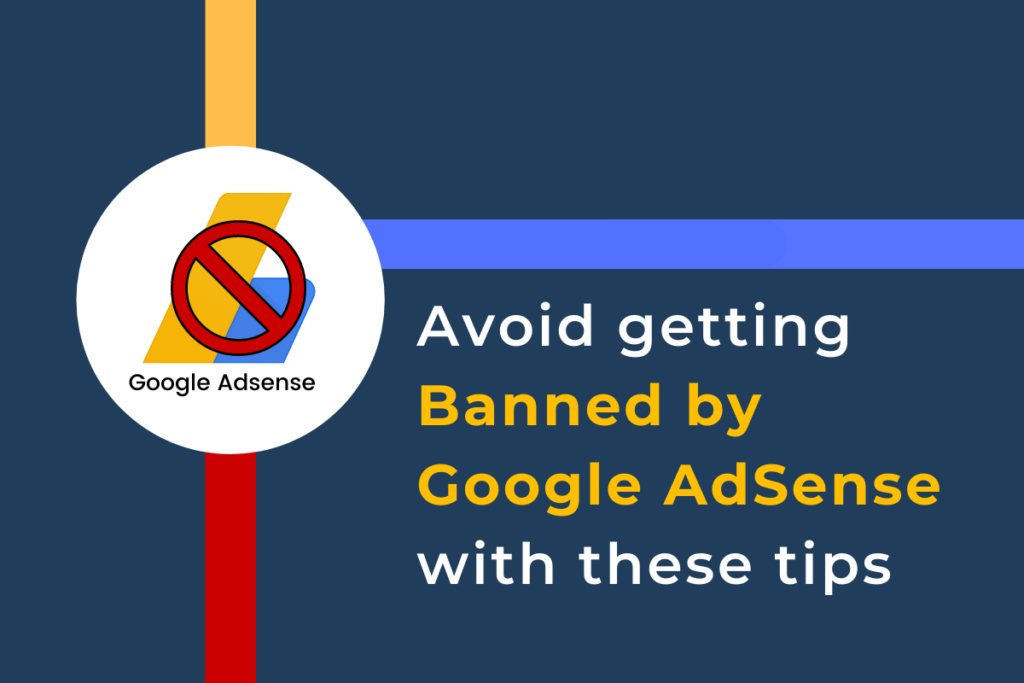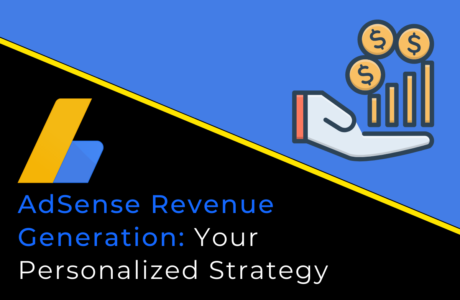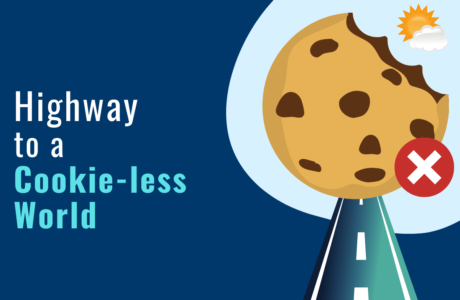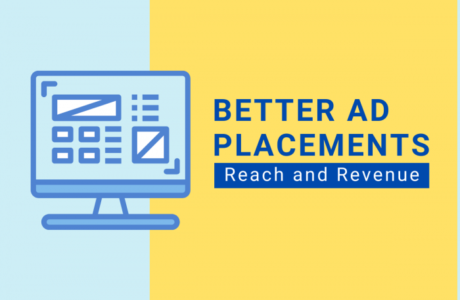In the world of content creation, generating traffic is the most important factor to gain popularity and make money from websites. Google is one of the top quality sources of traffic generation for website owners. Google is available and accessible for anyone and everyone in the world of publishing who wants to make money. However, when it comes to earning from Google AdSense, there is no alternative to the term ‘Play fair’.
Often publishers get their sites banned by Google either due to the use of unfair means or just because of their lack of knowledge. Publishers create content, work hard on the presentation and ad placement part and still get banned even after having clear intentions. Do you know why does that happen?
For all the publishers who have got banned or are worried about getting banned from Google, you should not miss this article. Let us learn about all the practices that you should not follow to prevent getting banned from Google Adsense.
But before we begin, let us learn a bit about Google’s priorities when it comes to various policies for publishers willing to make money from websites.
As we all know, Google is highly concerned about user intent. In the end, it’s the user who should be satisfied with the content consumption. The guidelines and violation policies by Google are highly focused on brand safety along with user-experience. All the policies assure that the advertisers, publishers as well as users have a safe environment on the internet.
Take a look at the major Don’ts for site owners.
Do Not Violate Google’s Content policies
Content is king but content that violates Google Adsense policies can be harmful. In order to make money from websites, Google Adsense policies have to be prioritized by fair practices and legitimate content. Here are some of the tips to ensure quality content for a better user experience:
Say No to plagiarism- Google is smart enough to know if you have posted unique content or just copied it from existing sources. The possibility of getting banned is pretty high with plagiarised content.
Malicious Software content- Avoid posting content that contains malicious software and asks the users to download so.
Avoid posting illegal content- Any content that is misleading or dangerous (For example, content promoting violence, crime, child abuse, sex abuse and more) for the viewers should not be posted at all.
Do Not Violate Google’s Ad Placement related policies
Have you ever visited a website that has amazing content but comes along with annoying ads? Such sites are likely to lose their potential users due to poorly placed ads. Ad placement violations can cause serious damage to the site revenue if not taken care of. When it comes to following monetisation policies, try not to place ads on pages that are not content-rich. Placing multiple ads on pages with less content leaves a bad impression on the users. As Google prioritizes user experience, such practices are considered violations.
How can you avoid getting trapped in such violations?
- Do not place ads right beside an image.
- Avoid using promoting clicks on ads.
- Do not title your ads incorrectly.
- Do not place ads on pages with poor content.
- Do not post inappropriate ads giving negative impressions.
Do Not ignore the quality of traffic received
Google is smart enough to figure out if the traffic is coming from genuine users or just the bots. If it is bot traffic, it will lead to policy violations. High-quality traffic from various sources is beneficial for both the advertisers and publishers. Here are two ways to ensure that you receive high-quality traffic:
Do Not Click on your own Ads: Clicking on your own ads is one of the biggest reasons to get banned. Thanks to the proprietary technology by Google, it doesn’t get fooled when you try to increase traffic by clicking on your own ads. If you don’t want to get banned then say No to false clicks. Never click on your ads or ask your colleagues to do so.
Do Not use paid traffic sources: Not all paid traffic sources are legitimate and would give you positive results. Opting for paid traffic sources or enlisting your site for any kind of traffic exchange or auto-surf programs will do no good.
What happens if you violate Google AdSense Policies?
Violating any policies will have some or the other after-effects on your site. Depending on the level of policy violations, the actions are taken. For example, if a part of your website content is violating the policies but the rest of the website follows the guidelines, the account will not be suspended in that case. However, a particular page might stop serving ads. Page-level bans should be treated as warnings as any further continuous violations might ban the entire site.
What is the solution if you get banned from Google?
As they say ‘Prevention is better than cure.’, the first step should be adhering to Google’s guidelines thoroughly. Always ensure that you do not miss out on any of the updates or modifications made to Google’s policies. Remember that staying informed is better than fixing issues later on. However, at times, it might happen that due to certain policy violations, your site would suffer. In such a case, publishers should revisit the policy-related issues, fix all the existing issues on the site and inform the policy center again regarding the amends made to the site. If the site is terminated due to policy violations, fixing all the issues and filing an appeal regarding the same will do the job.
Master tip to avoid violating Google policies:
Here is a pro tip- Think like a user! Present content and ads the way you would like to see as a user.
Also, prioritize advertiser’s interest as they are the one’s spending money. A publisher’s success is directly proportional to an advertiser’s success. Do not compromise with this.
If you still have any doubts or queries about what things to avoid for getting banned by Google, please let us know in the comments section.





